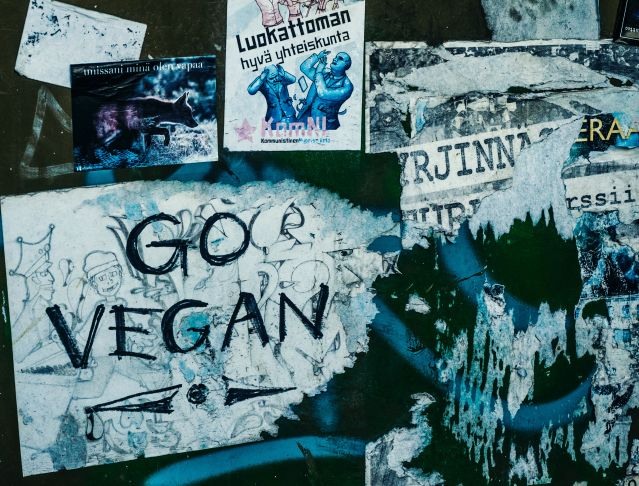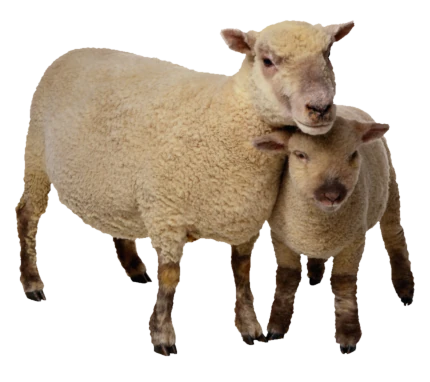Please note that most vegans are ruled and run by their desire for compassion and kindness. We want there to be less suffering in the world.
Key points:
- Many people may assume veganism is an easy choice, driven by fashion and fads.
- Veganism often has a foundation deeply rooted in personal ethics and beliefs.
- Vegans are often severely stigmatized and may find themselves rejected by mainstream society.
- Our spiritual and ethical beliefs can be just as powerful as organized religion.
…we talked about the myth of the “angry vegan”. The term “plant-based” is almost more acceptable than “vegan” since the word “vegan” often brings to mind someone with a fervor and ardor for changing public view—usually through aggressive and sometimes militant means. There definitely are some extremist and angry vegans. This is a small subset of people and, although I don’t agree with their approach, I understand why they are extreme.
They see injustice in the world and are trying to be strong advocates for change. In my opinion, anger only turns people away and education, compassion, and kindness are stronger motivators for change. The vast majority of vegans promote compassion to all, including other humans, rather than anger.
In our modern society, we have learned to not stereotype large groups of people by the actions of a few and yet we continue to judge vegans who just want to enjoy their lentil-based shepherd’s pie in peace, based on the behavior of a few extremists.
Please note that most vegans are ruled and run by their desire for compassion and kindness. We want there to be less suffering in the world. If you encounter a vegan that is rude, please understand that they are usually not angry at you personally, but rather frustrated at a world where our compassion is seen as inconvenient and our kindness as a burden. If only more people would take the time to know us, perhaps there would be less of a conflict.

My 82-year-old father, who became vegan at 70 years old after reading about the health benefits, finds this stereotype particularly funny. “I’m not interested in changing anyone else’s mind”, says Norman Gross, now 82 years old. “I read The China Study and the World Health Organization (WHO) reports on animal products. I’m not interested in changing the opinions of others, I just want to live a long healthy life.” (The China Study is a book by T. Colin Campbell that describes how eating animal-products may be associated with cancer in humans).
I agree with my dad that change is hard for most people. I just read in the news about a famous chef who banned vegans from his restaurant because he doesn’t feel like accommodating their needs. Personally, I have a severe tree-nut allergy and people are so careful with that, perhaps because we live in such a litigious society. Norman grew up Kosher and notes how quick people are to help out when a food isn’t kosher or halal, but instead of respecting his vegan ethics, they often try to talk him out of it. As a society, we have learned to be respectful of organized religious beliefs, but oftentimes there is a lack of respect for deeply spiritual or ethically-held beliefs that are not manualized.
“People simply don’t want to change their minds,” my dad said. “Change is hard and menu options can be limited. I don’t want to change my beliefs but I shouldn’t have to sacrifice my health just because a restaurant doesn’t want to cook more vegetables.” He continues, “I don’t think anger is the way to change. Education is key and we should be able to have difficult conversations to initiate change.”

